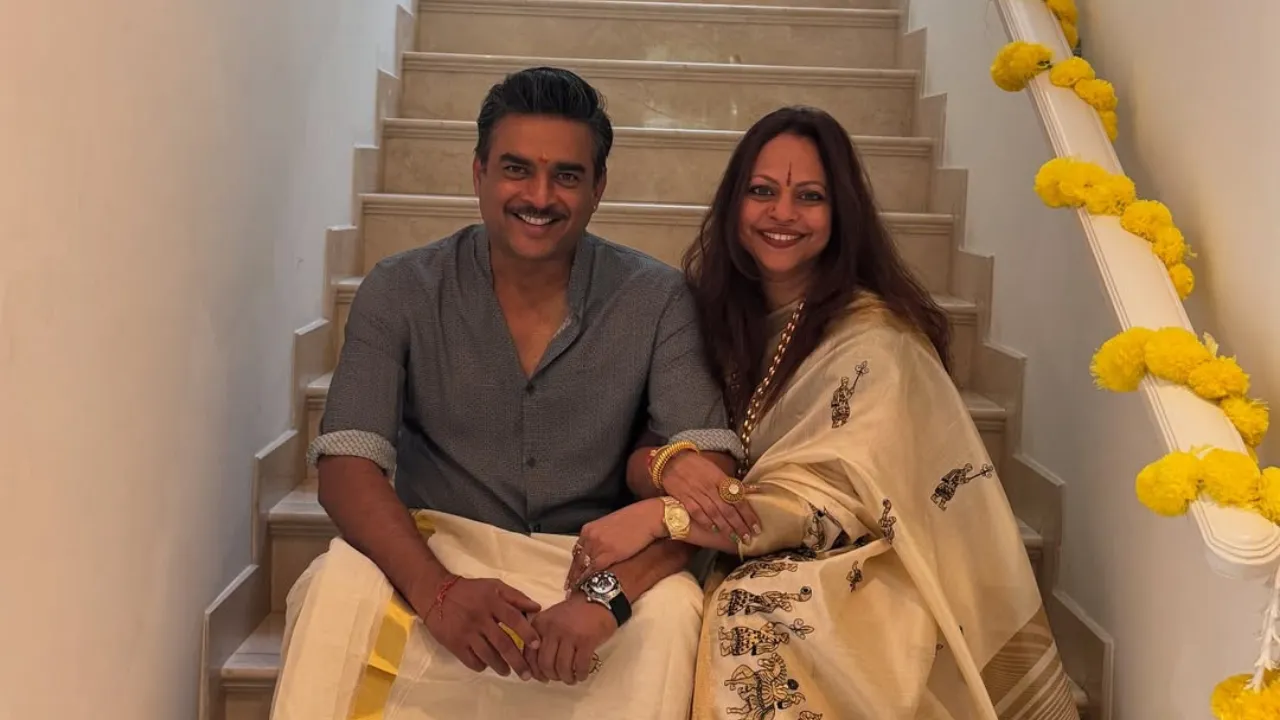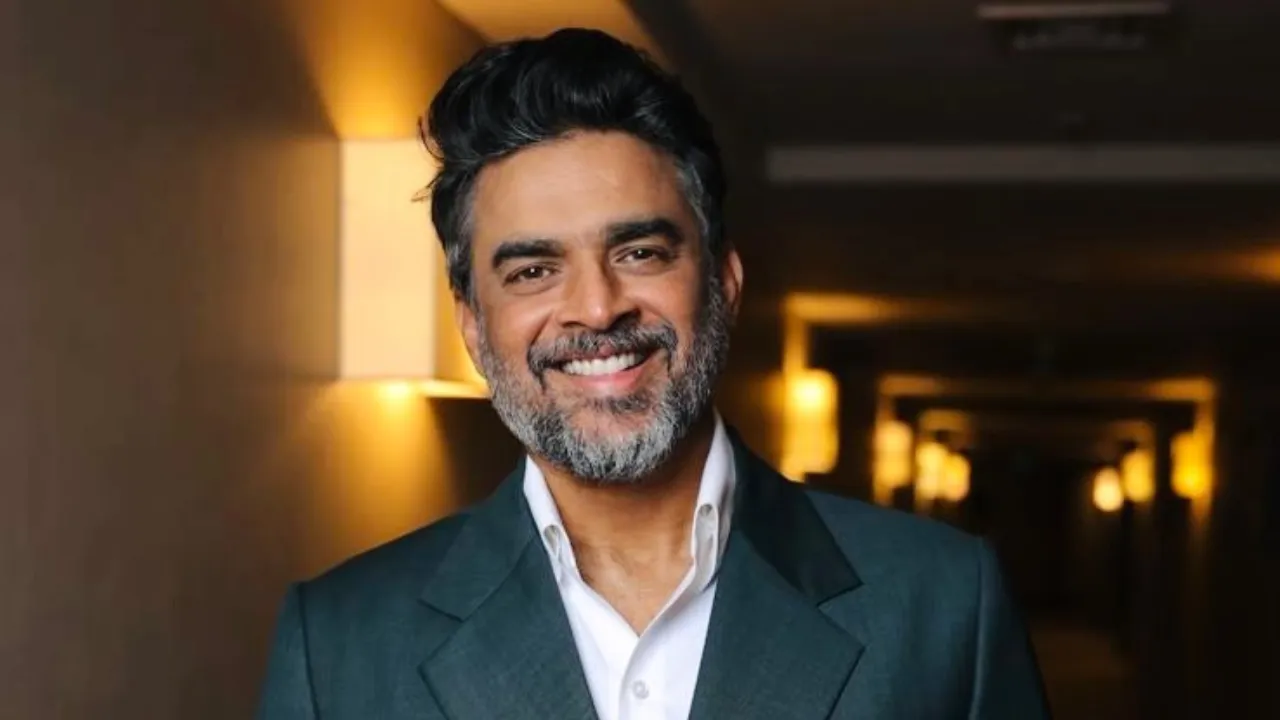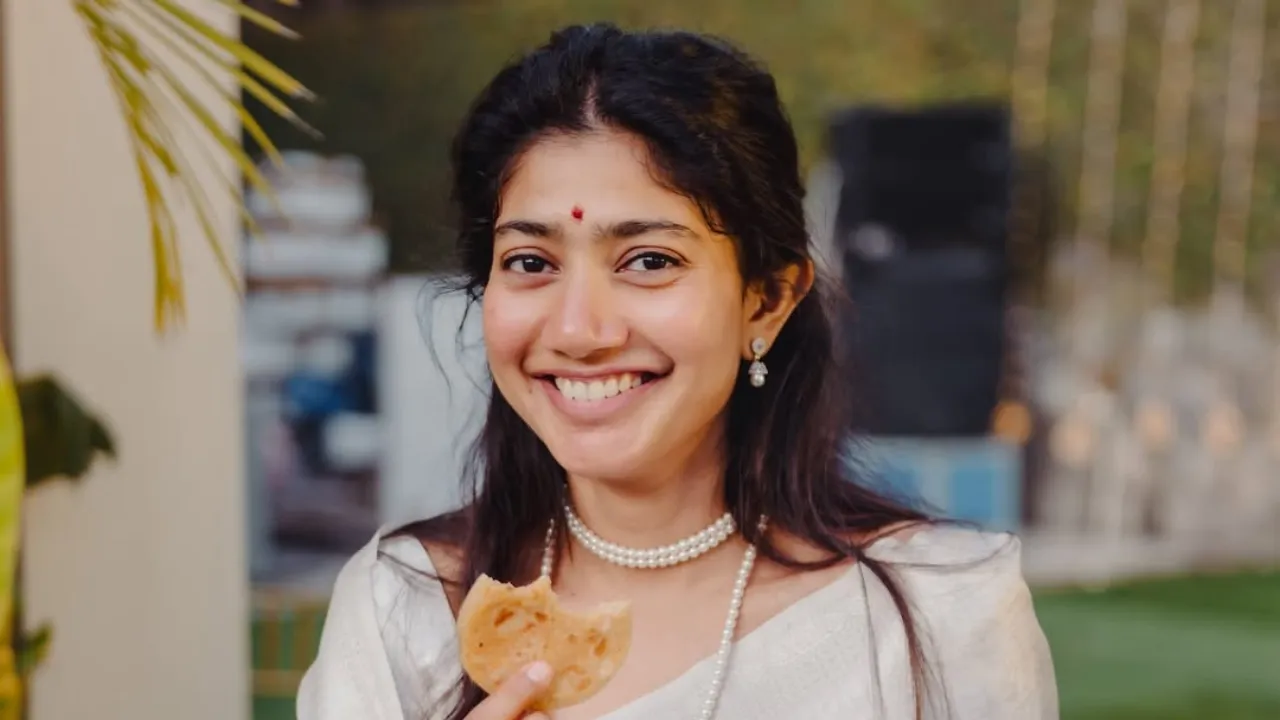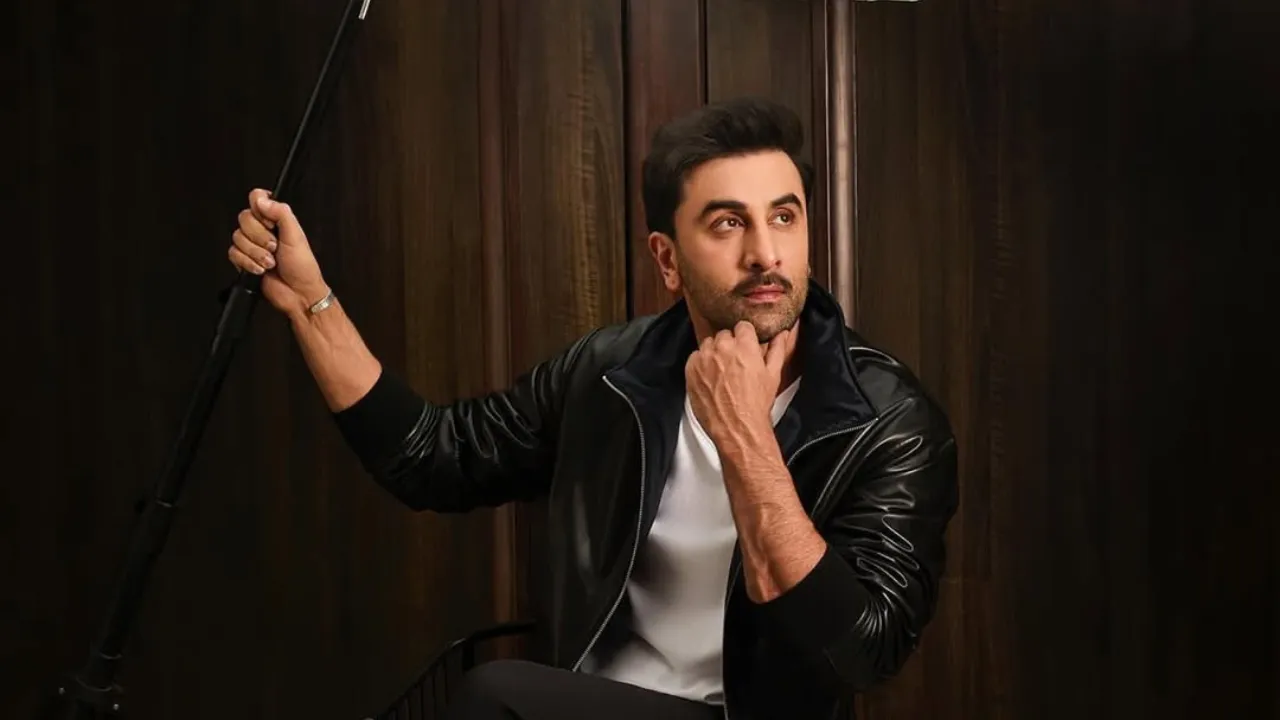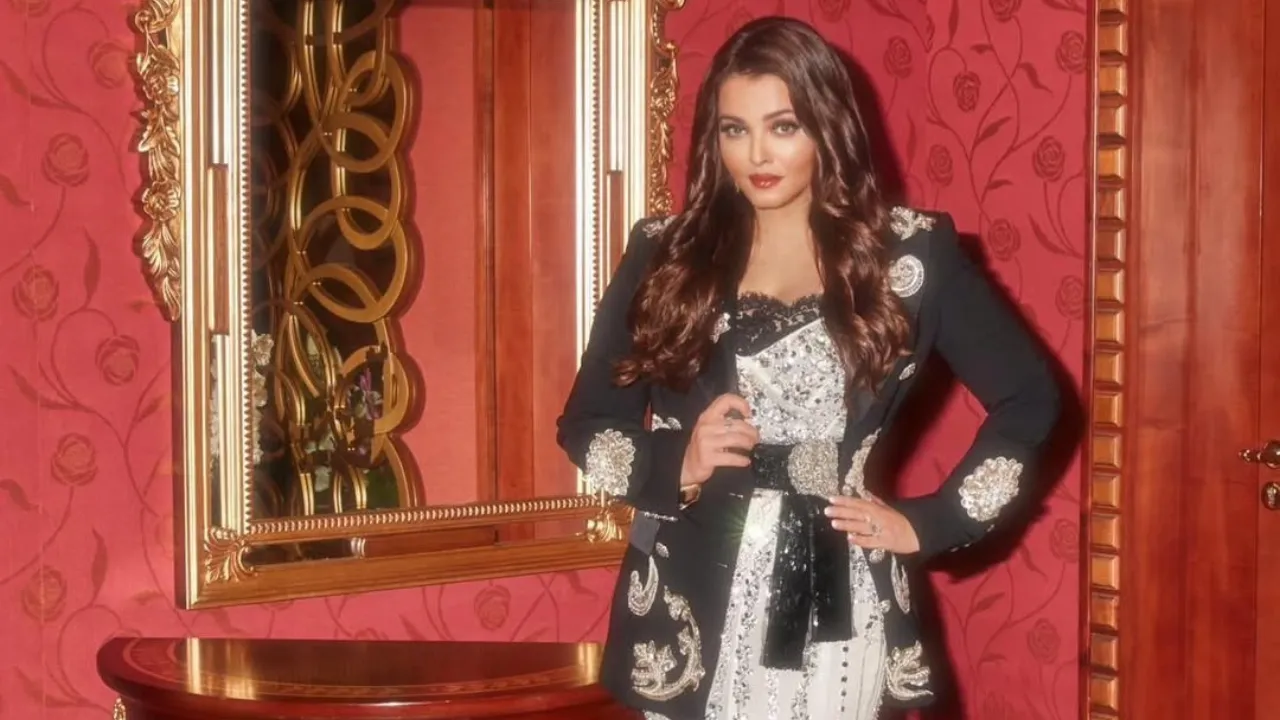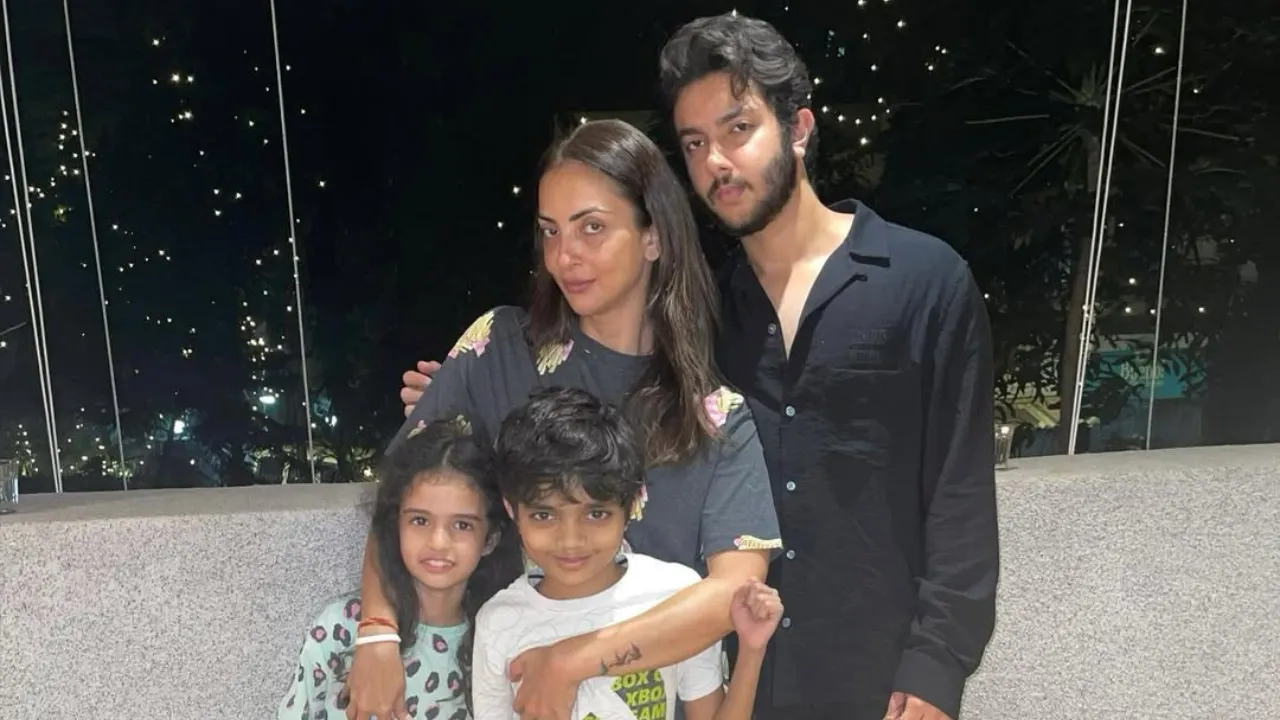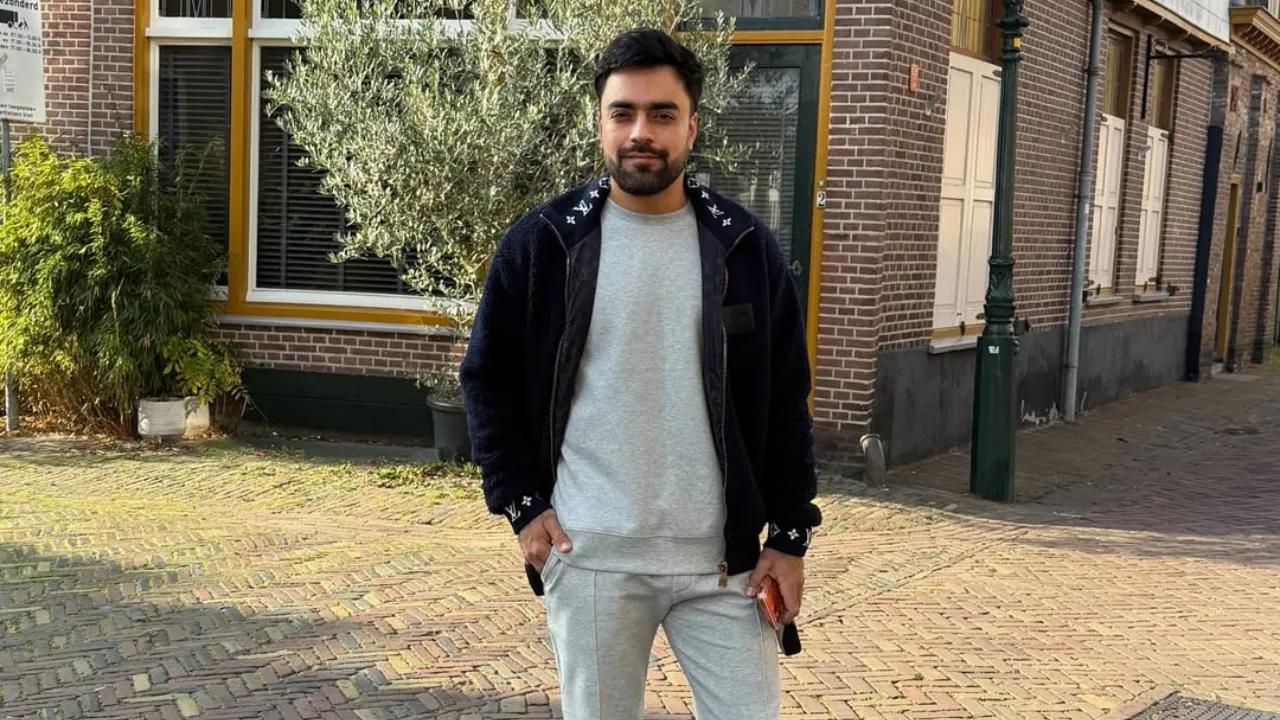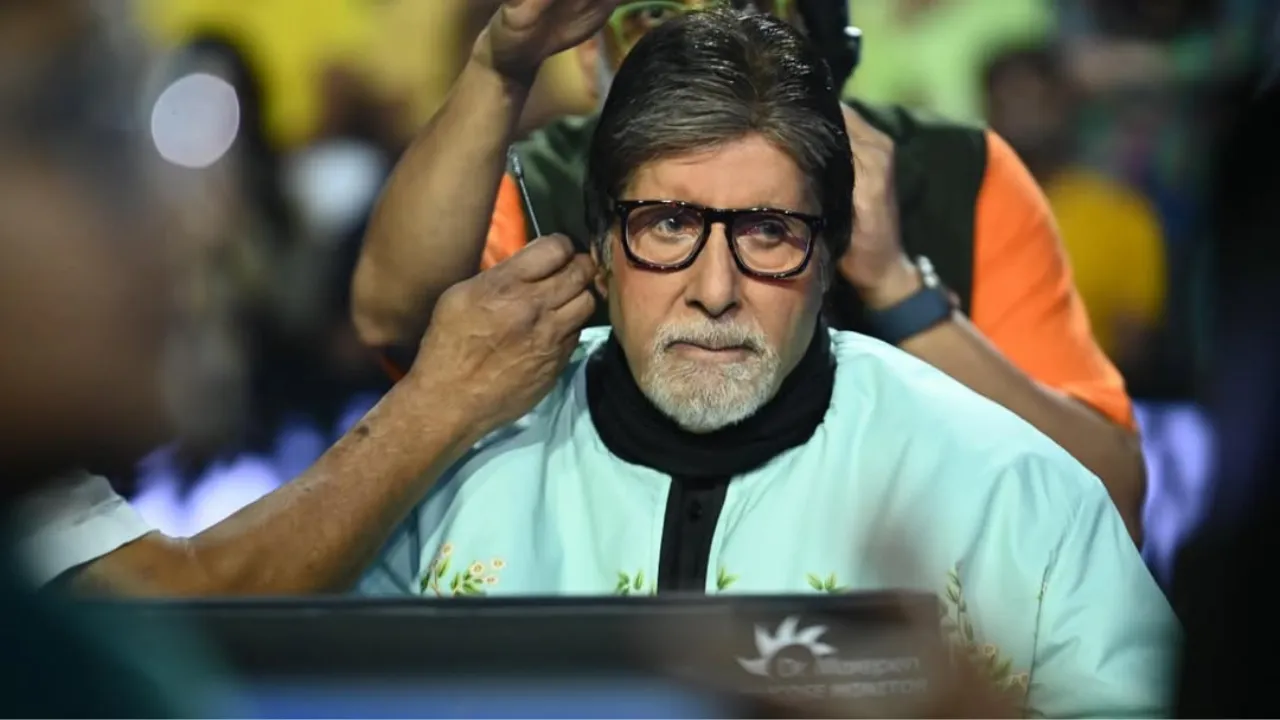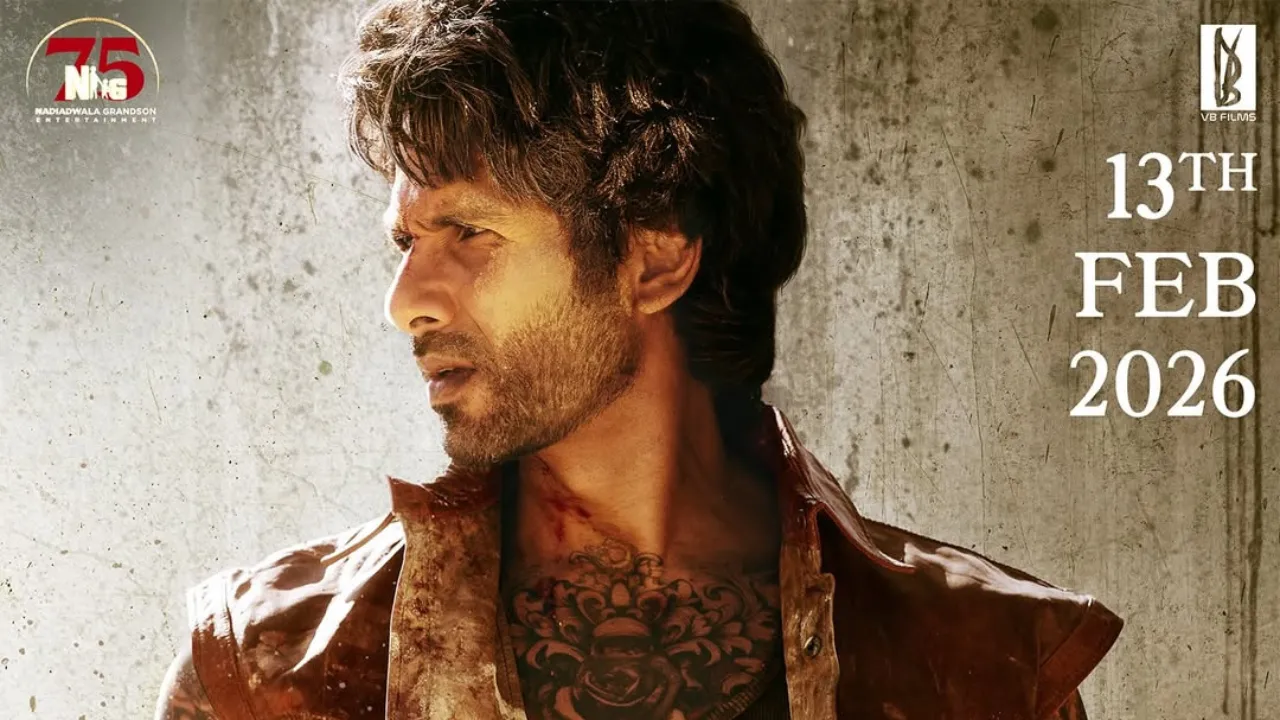After Kajol says ‘marriage should have an expiry date,’ Ajay Devgn reflects on how ‘love has lost its meaning’
Kajol’s off-hand but pointed comment that “marriage should have an expiry date” has set off a lively conversation across social media, talk shows and newsrooms. The veteran actress — known for speaking her mind — raised the idea during the talk show Two Much With Kajol and Twinkle, and the remark quickly became the starting point for a broader discussion about modern relationships, commitment and changing expectations.
Why Kajol’s comment matters: a fresh framing of commitment
Kajol didn’t frame her suggestion as an attack on marriage itself. Rather, she posed it as a practical thought experiment: if marriage were time-bound with an option to renew, people might avoid prolonged unhappiness and toxic dynamics. The point resonated because it reframes marriage from a single, lifelong contract to an agreement that could be revisited as people grow and circumstances change. That subtle shift — from permanence to periodic choice — is what made the comment headline news and prompted viewers to debate whether commitment requires lifetime guarantees or ongoing consent.
Kajol onstage: context and tone
It’s important to note the setting. Kajol was on a candid, conversational show with Twinkle Khanna where lighthearted banter and provocative takes are the norm. Her delivery was conversational — not a manifesto — which helped the idea travel quickly on social feeds and editorial pages. Many responses were supportive, some critical, and many more analytic: people asked whether an “expiry date” would encourage honesty or foster a throwaway attitude toward long-term bonds.
Ajay Devgn’s response: a worried take on the word ‘love’
Ajay Devgn, Kajol’s husband of over two decades, offered a different but related perspective. He reflected publicly that the word “love” seems to have been diluted — used casually and without the depth it once carried. In interviews reported by several outlets, Ajay lamented that “love has lost its meaning” for many, and contrasted human relationships with the unconditional affection people get from pets. His tone was less policy-oriented and more reflective: he appears concerned about cultural shifts that make serious commitment harder to sustain.
What Ajay’s view adds to the conversation
Ajay’s reaction matters because it balances the debate. While Kajol’s remark probes institutional flexibility, Ajay’s point highlights emotional erosion: if people use “love” loosely, commitments built on that word may be fragile. Bringing both perspectives together — the structural idea of renewal and the emotional worry about diluted meaning — gives us a fuller picture of why this short exchange captured so much attention.
Public reaction: split, spirited and instructive
Responses to Kajol’s idea ranged from enthusiastic to outraged. Some readers praised the concept as a humane solution to long marriages that have become unhappy. Others worried that normalising expiry dates could trivialise vows or create transactional approaches to intimacy.
Online debates often missed two important points: (1) Kajol was suggesting an option, not forcing a universal rule, and (2) Ajay’s concern about the quality of “love” suggests both partners in the conversation want authenticity — even if they reach different solutions. Observing these reactions gives us useful insight into how culture negotiates tradition and change.
What relationship experts say (context for readers)
Therapists and marriage counselors generally advise distinguishing structure from emotional work. A legal or contractual mechanism (like a renewal clause) can reduce fear and offer clarity, but it won’t fix communication, unmet needs, or lack of intimacy. Conversely, re-energizing the meaning of “love” requires deliberate work — empathy, shared goals, and honest conversations. Combining practical frameworks (agreements, checkpoints) with emotional maintenance (therapy, shared rituals) tends to be the most durable approach. While Kajol and Ajay sparked the headline, professionals point to these practical takeaways for couples who want to strengthen their bonds. (This compiles general expert guidance given in response to the debate.)
How to take this idea forward — practical tips for couples
If Kajol’s “expiry date” idea resonates with you, here are constructive ways to explore the concept without destabilising relationships:
- Treat renewal as a voluntary conversation, not a default. Use it to reset expectations, not to threaten.
- Build scheduled check-ins into long relationships — annual talks about needs, goals and boundaries can act like a soft “renewal.”
- Prioritize communication skills. Words like “love” mean less when they aren’t backed by actions; practice expressing needs concretely.
- Consider legal and financial planning together if you’re exploring time-limited commitments. Clarity avoids misunderstandings.
- Seek therapy proactively. Couples therapy isn’t just for crises — it’s a tool for ongoing growth.
These steps keep the conversation practical and useful, which is the kind of outcome both critics and supporters of Kajol’s remark asked for.
Where the conversation goes next
Kajol’s comment and Ajay’s reflection show how public conversations between two respected figures can surface broader cultural questions. They don’t provide neat policy answers — nor were they intended to. Instead, they opened a public space where people can evaluate what permanence, renewal and the word “love” mean in a fast-changing world.
For readers, the takeaway isn’t which celebrity is “right.” It’s that healthy long-term relationships require both honest structures and meaningful emotional work. Whether you agree with Kajol or empathize with Ajay, the debate is a reminder: marriage and love are living things — they need care, clarity and the freedom to be reassessed.
Also Read: Priyanka Chopra’s Daughter & Mahesh Babu’s Girl Hit It Off




